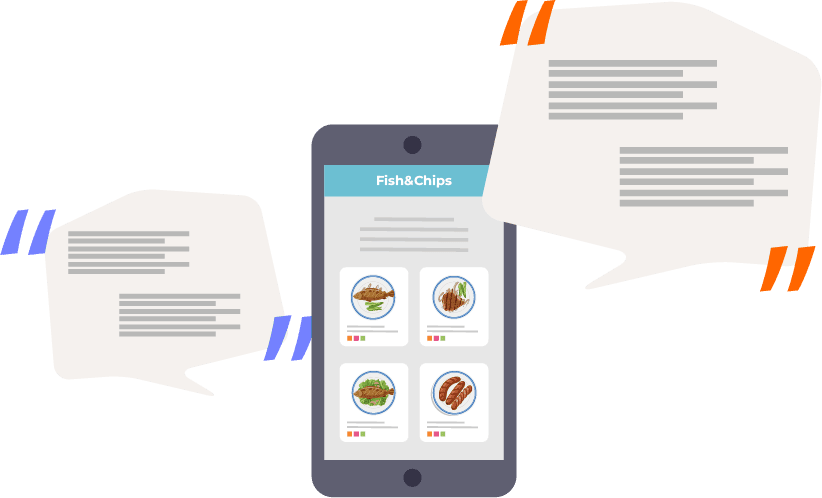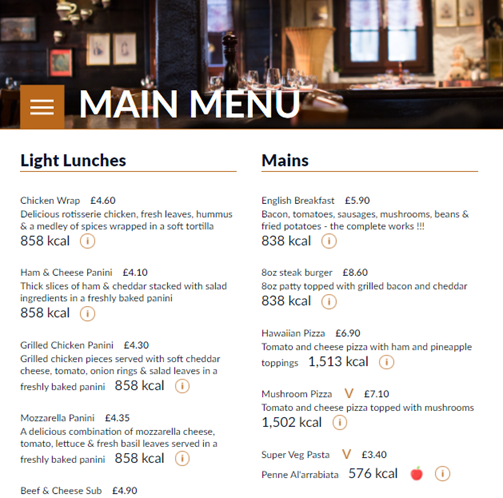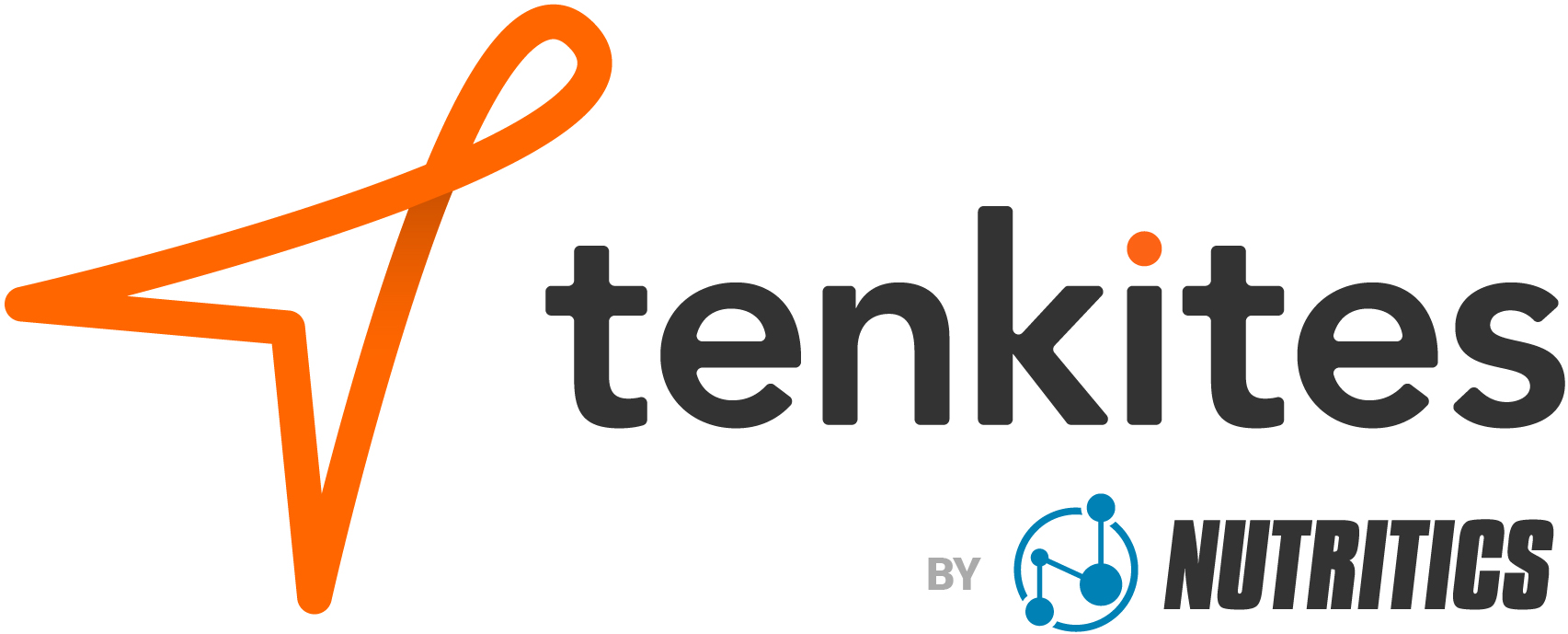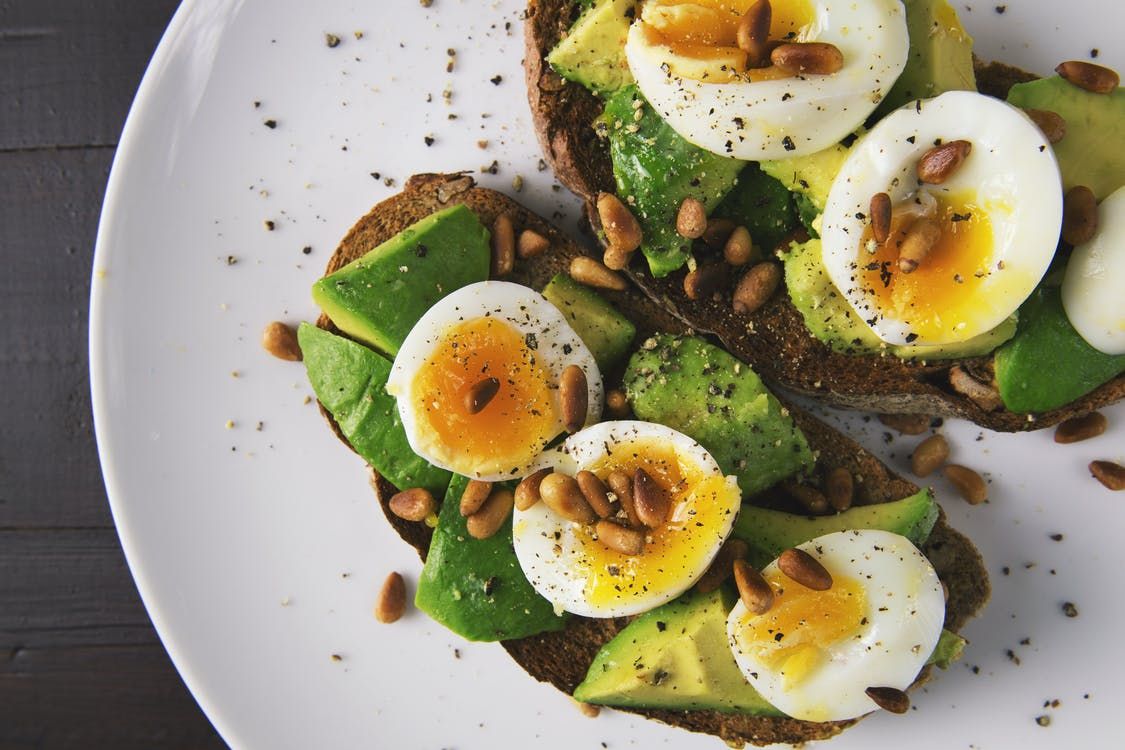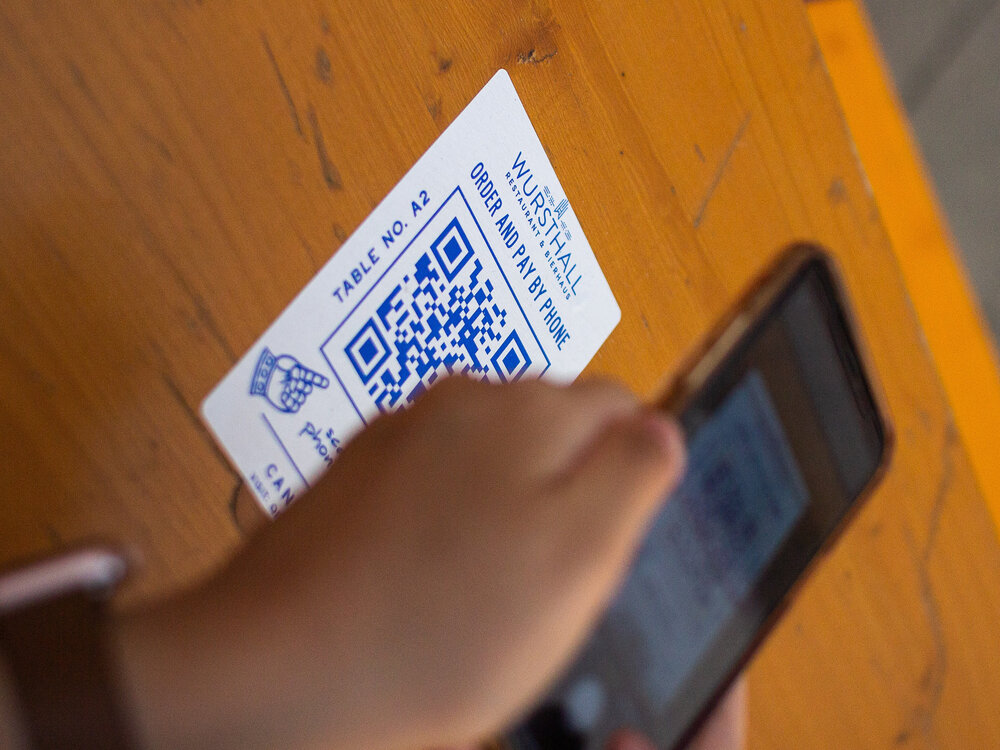On 6th April 2022, the UK government is introducing new calorie labelling legislation to help tackle obesity in England. This means certain businesses in England will need to include calorie labels on the food they sell, including larger out-of-home food businesses like restaurants, pubs and cafes that have 250 or more employees.
Whilst calorie information on food labels has been around since 2012 when the UK introduced voluntary calorie labelling as part of the Public Health Responsibility Deal (9500 businesses signed up), this is the first time it will be mandatory.
With the hospitality industry still trying to make its way out of the struggles caused by the COVID-19 pandemic, many are questioning whether businesses can cope with the additional burden of complying with such legislation. There’s been a lot of conversations about whether the introduction of the new legislation will actually make much of an impact anyway.
Why is the Government Introducing Calorie Labelling Legislation?
- Childhood obesity rates are among the highest in Europe
- Nearly 1 in 4 children are obese by the time they start primary school
- 66% of adults are obese or overweight
Do Calories on Menus Help People Eat Less Calories?
There’s a lot of research to show there are massive benefits to having calories on menus.
Research has shown that people eat:
- 152 fewer calories at hamburger places
- 73 fewer at sandwich shops
- 6% less each day
- Businesses providing calorie information increase customer loyalty
When people are able to see how many calories each dish has, it makes small portioned plates attractive, allowing businesses to provide to more people with less food which ultimately positively impacts the bottom line. A business showing their customers exactly how many calories are in the food being served also helps build trust.
When is the UK Calorie Labelling Legislation Deadline?
6th April 2022
Which businesses does the UK Calorie Labelling Legislation Apply to?
The legislation means all businesses in the out-of-home sector with more than 250 employees in England will need to provide calorie counts on all non-prepacked food and drink items 1.2% ABV or below which include:
- Restaurants
- Cafes
- Pubs
- Takeaways
- Bakeries
- Supermarkets
- Caterers
- Entertainment venues such as cinemas
- Hotels
- Workplaces where food and drink is sold by large catering companies
- Franchisees
- Third-party takeaway platforms hosting menus for applicable businesses
Calorie information should be displayed the same way for all menu items
- This includes physical, online, display and third party menus on delivery platforms
For Physical Menus
- Calorie information should appear next to the price or food description with the same font, colour, size and background.
For Display Menus
- Calorie information should be visible and the label should clearly identify the food concerned and be close to the relevant item.
For Online Menus
- Calories must be displayed on each page.
All calorie information shown must be labelled per portion or for the entire meal, to mirror the expectation of what will be consumed to make it clear.
As with food products sold in shops, calories should be shown in kilocalories and marked by letters ‘kcal’.
Referencing people’s average daily calorie needs helps people to understand their food choices in the context of the rest of their diet so also included in the legislation is the need to display the statement “adults need around 2000 kcal a day” in a prominent position at the point of choice.
What Foods are included in the New Calorie Labelling Legislation?
Calorie labelling will be required to appear on all food items which are prepared and sold to be consumed immediately and which are not subject to existing pre-packed labelling legislation.
This includes:
- Food which is on sale at a cafe, restaurant or any other premises selling food for consumption.
- Food that is sold by a business for consumption is not on the premises and doesn’t require any preparation by the consumer before eating.
Food which must show calorie information:
- Unpackaged food items such as a meal at a restaurant
- Food packaged at the request of the consumer, such as a lemon slice at a bakery.
- Sides and toppings displayed on a menu
Food not included:
- Foods that are prepacked
- Condiments provided alongside food like ketchup (not as part of the food)
- Food items that are on the menu for less than 30 consecutive days and less than 30 days in total throughout the year
- Drinks that contain more than 1.2% alcohol
- Food that is normally sold by a business after being requested by the customer (this includes preparing food, shown on the menu, differently to how they usually do so)
- Fresh fruit and vegetables or other single ingredients, unprocessed food products. Other exempt foods include loaves of bread, fish, meat and cheese, provided they are not added to other food items or offered for sale
- Food items provided for free in medical establishments or to social care residents
- Foods provided to those under 18 in educational facilities such as schools and nurseries
- Food items provided by charities or sold to help raise money for charity
- Food served on vehicles such as aircraft, trains or ferries making journeys abroad
If you would like to talk to us and see how we can help you drop us an email at info@tenkites.com

